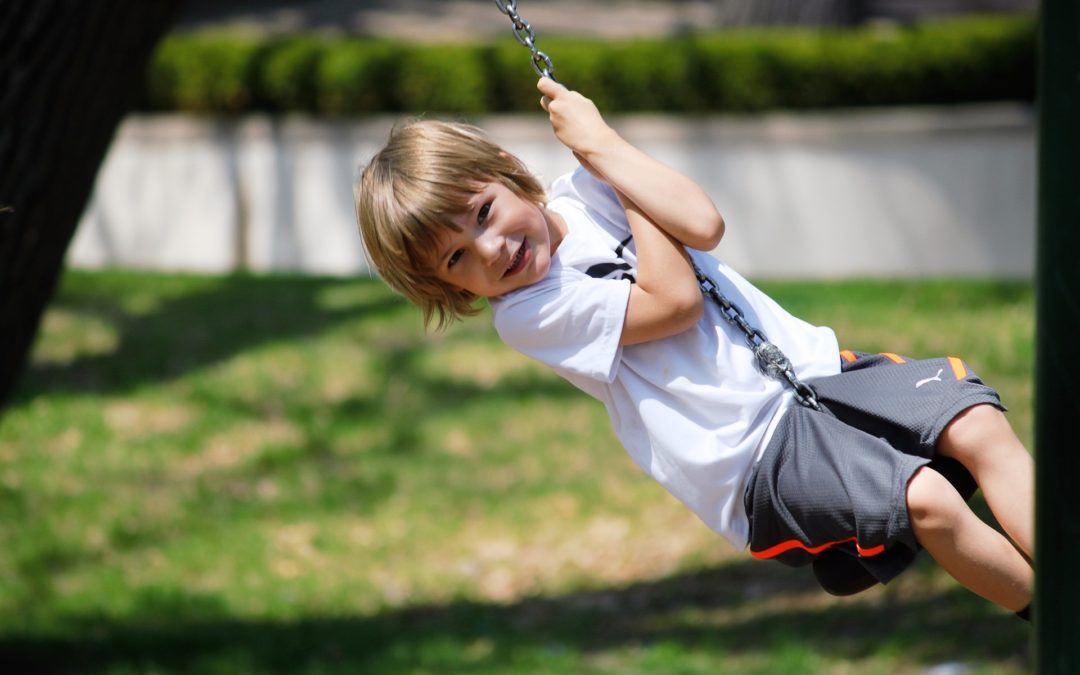This week is anti-bullying week, so we are focusing on playground bullying and how you can ensure that your playground is a bully-free zone.
Anti-Bullying Week
Anti-Bullying Week 2018 is happening from 12th – 16th November and has the theme Choose Respect. The overall aim of the week is to bring awareness to the topic of bullying and create discussion on ways to avoid, and handle bullying.
Childhood bullying is very common and can range from verbal teasing to physical violence. No child deserves to be bullied, that’s why it’s important to keep a dialogue open amongst schools, carers, teachers, and of course, children themselves.


Anti-bullying week is a great time for everyone to sit down and discuss ways to prevent and manage bullying. The official organisers of the scheme are The Anti-Bullying Alliance (ABA), a coalition of organisations and individuals that are united against bullying. ABA was established by the NSPCC and the National Children’s Bureau in 2002 and is hosted by the National Children’s Bureau.
The Playground Environment
For children, the playground should be a source of care-free physical activity and fun. However, when a child becomes the victim of bullying, what should be a fun environment, can become quite a fearful place.
As playground equipment manufacturers, Discovering Days understand what a key role the playground has in the development of physical, emotional, social and cognitive skills. Below, we have listed some of our top tips, for teachers and parents, on how to approach and handle bullying.
Tips For Teachers
- Create an open culture where children are encouraged to talk about bullying and come forward. You can create posters, give special talks or plan activities that include anti-bullying messages.
- Use anti-bullying week to talk to children about bullying. The week is a great time to talk to kids about playground bullying. The ABA website has lots of resources you can use to do this.
- Creating a bullying policy will let staff, children and parents know that bullying won’t be tolerated. Keep your bullying policy in a visible location as a reminder.
- Try creating ‘safe zones’, areas where children can come and sit if they want time out from other kids or want the company of a teacher.
- Assess problems immediately – if a child reports bullying or you suspect it may be happening then get a hold of the situation quickly.
- Never place any blame on a bullied child; bullying can cause lasting damage so listen to what a child is saying and be supportive.


Tips For Parents
- Don’t tell kids to ‘toughen up’. You can tell your child to stand their ground but don’t use language that could have an effect on their self-esteem.
- Talk to your children regularly about bullying. Even if you don’t think your child is a bully or has been bullied keep an open dialogue about bullying.
- Be vigilant with your children. Side effects of bullying can be varied but may include insomnia, sickness or a child may become withdrawn. Keep your eye open for any different or unusual behaviour.
- Speak to your child’s school as soon as you find out there is an issue. This is the preferred method rather than confronting the bully’s parents or the child themselves. Use the school as a go-between to try and resolve any problems between children.
- Reassure your child that they have done nothing wrong if they are being bullied – the problem is with the bully, not them.


Recent Comments